Hair loss isn’t just cosmetic – it can be one of the first indicators that something deeper in the body is out of balance.
Yet for all the shampoos, serums and supplements promising quick fixes, the reality is that thinning hair has many causes and no single miracle cure.
Lead trichologist and brand president at Philip Kingsley, Anabel Kingsley, says she frequently meets clients who are shocked by how suddenly their hair seems to change.
“People usually lose at least 20% of the volume of their hair before they notice it – my clients often say ‘I suddenly looked in the mirror and saw my hair is thinner’.”
The important thing to note is that there are many types of hair loss, as well as a variety of different causes.
Nutrition expert Suzanne Cooper, founder of the hair nutrition brand GLOWWA, points out that “people can lose their hair commonly from stress, hormonal imbalance, digestive health, nutritional deficiencies. So it’s really important that we iron out all of the deficiencies with what we’re doing.”
The two types of hair loss Kingsley sees most often are male and female pattern hair loss, which are largely genetic, and telogen effluvium (TE), which occurs when the body responds to internal stressors like illness, nutritional deficiency, or thyroid issues.
The good news, she says, is that “TE isn’t permanent or progressive; it will stop once the underlying trigger is found and addressed.”
So what should you be looking out for? And how can you help prevent hair from thinning further? Here are the five possible reasons behind hair loss – and the evidence-based steps you can take.
1. Hormonal changes during menopause
For women, menopause is one of the most common turning points for hair.
Falling oestrogen levels can leave strands finer, and sensitivity to hormones like dihydrotestosterone (DHT) increases. Cooper explains that “We’ve all got a hormone in our body, which is called DHT, dihydrotestosterone, and it attacks and shrinks hair follicles. Men have more of it, but females during menopause can find that they become more sensitive to it.”
Prescription treatments exist, such as Finasteride, but side effects can be off-putting. “There’s often a lot of side effects – low libido, anxiety, low mood,” she notes. Natural DHT blockers, such as pumpkin seeds, may offer a gentler approach.
Kingsley also says that menopause is when many women notice excessive shedding. “Oestrogen is a hair and scalp or skin supportive hormone and when levels become sporadic in perimenopause you can get ongoing bouts of excessive shedding.
“When levels drop and stay low, your individual hairs can thin.”
2. Ageing itself
Like skin, hair changes with age even outside of hormonal shifts.
“Everyone’s hair changes with age – you won’t have the same hair quality or density of hair in your 60s or 70s as you had in your 20s,” says Kingsley says.
“The extent of age-related hair changes varies hugely. Some people notice minimal changes, while for others it can be very pronounced.”
This natural thinning is linked not only to genetics, but also to lifestyle and environmental factors. The scalp ages just like facial skin, so caring for it with gentle cleansing and hydration becomes more important with time.
3. Nutrition and gut health
Diet plays a larger role in hair health than many people realise. Cooper insists that “food should be the first place that we look at when there’s ever anything wrong in the body, because you balance your hormones out with the correct diet, and you can help gut health enormously with the correct foods.”
Her research as a nutritional hair expert focuses on anti-inflammatory nutrients, particularly MSM (found in kale, spinach and leafy greens), which “reduces inflammation in the blood. And inflammation is a real driver of pushing your hair into the loss and shedding phase”.
At an age where appetite, digestion and even medication can influence absorption of nutrients, ensuring adequate protein, iron and vitamins becomes essential.
Blood tests with your GP can highlight deficiencies worth addressing.
4. Stress, illness and medication
Life’s stresses don’t disappear with age. In fact, retirement, bereavement, illness or new medication can all take a toll on hair.
“Telogen effluvium isn’t genetic and can happen at any age,” explains Kingsley. “It is a hair loss that occurs in response to an internal disturbance – like an illness, nutritional deficiency, low iron or ferritin, rapid weight loss, thyroid imbalances, intense stress, surgery under general anaesthesia and or childbirth.”
She notes that hair is “an excellent barometer to general health and a window to your overall wellbeing. As it’s non-essential tissue, the body treats it as dispensable.”
That means it is often the first part of the body to show when something is wrong – but also one of the first to improve once balance is restored.
5. Styling and scalp care
Even in later life, everyday habits can influence the strength of hair.
Kingsley cautions against overly harsh approaches, noting “shampooing doesn’t cause hair loss, it simply dislodges hairs that are sitting loose in the follicle ready to come out.
“Not shampooing often enough can actually worsen hair loss as you need to cleanse your scalp regularly to keep it healthy.”
Heat styling, rough brushing and tight hairstyles may not always be a concern for older clients, but colouring and perming can still weaken strands.
Conditioner and leave-in treatments can help protect against breakage, while gentle scalp massage supports circulation.
But both experts agree that early action is key. “Male and female pattern hair loss are progressive, so the sooner you treat them the better. It is much easier to maintain hair density than it is to get it back,” says Kingsley.
While some age-related changes are inevitable, others can be slowed or softened with a combination of nutrition, stress management, gentle scalp care and, where appropriate, evidence-based treatments.
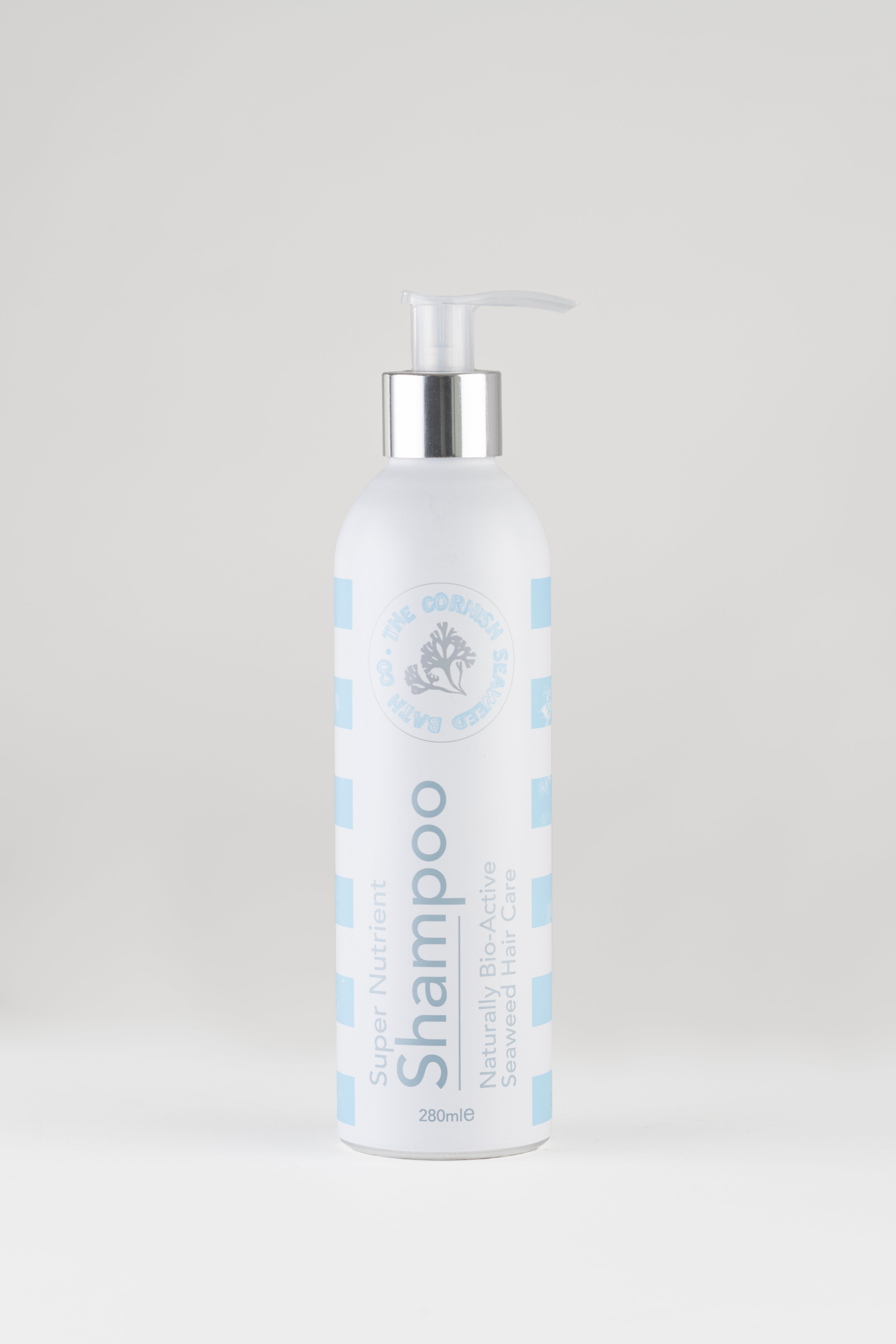
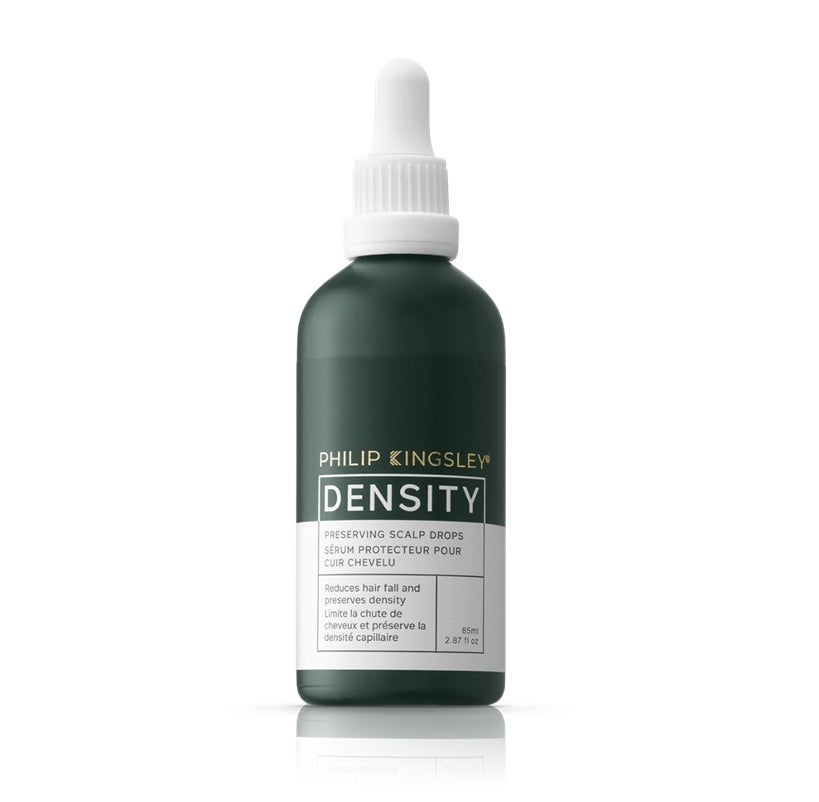
Philip Kingsley Density Preserving Scalp Drops for Hair Loss, £52
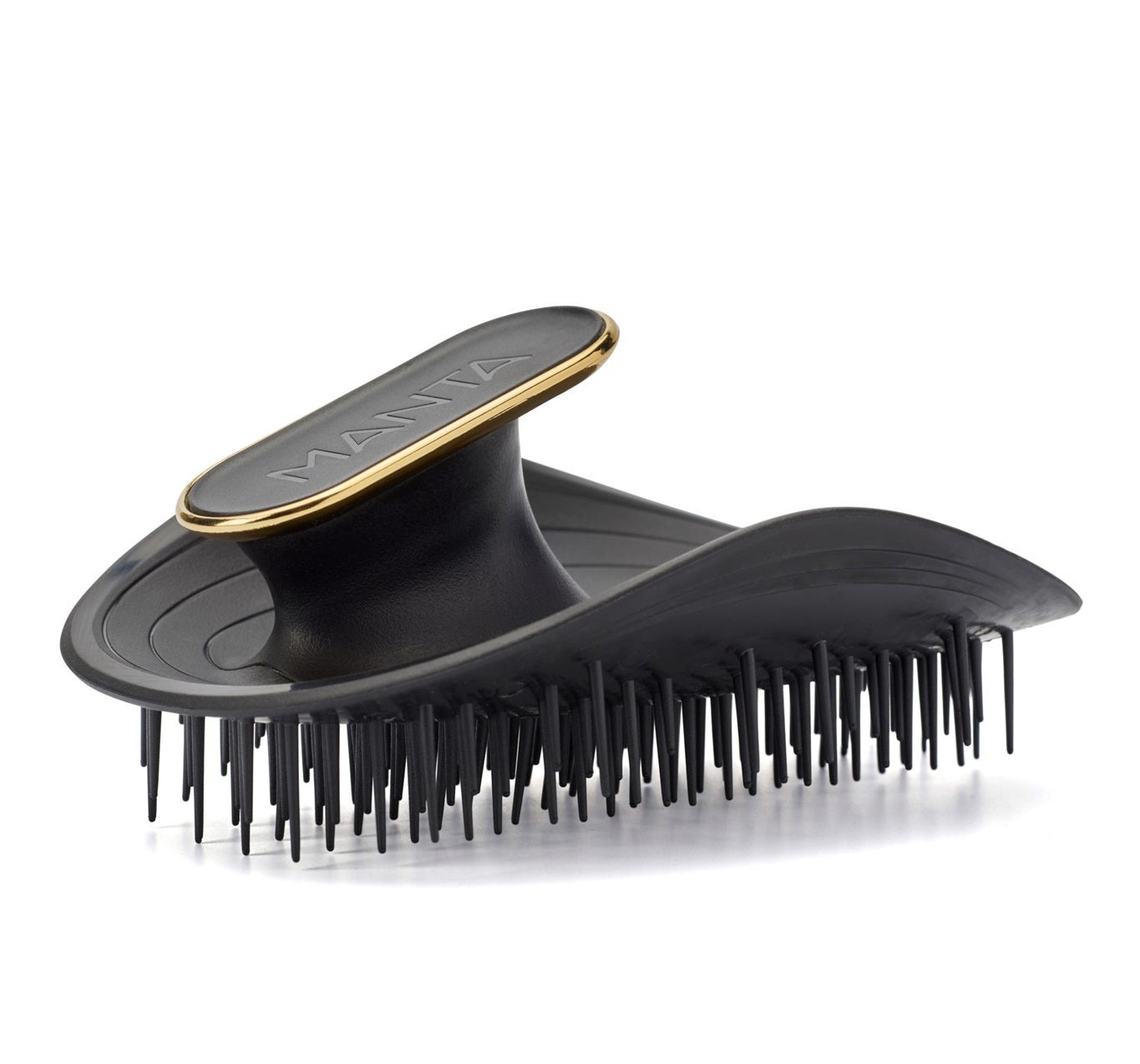
Manta Original Care for Fragile Hair & Sensitive Scalps Brush, £30
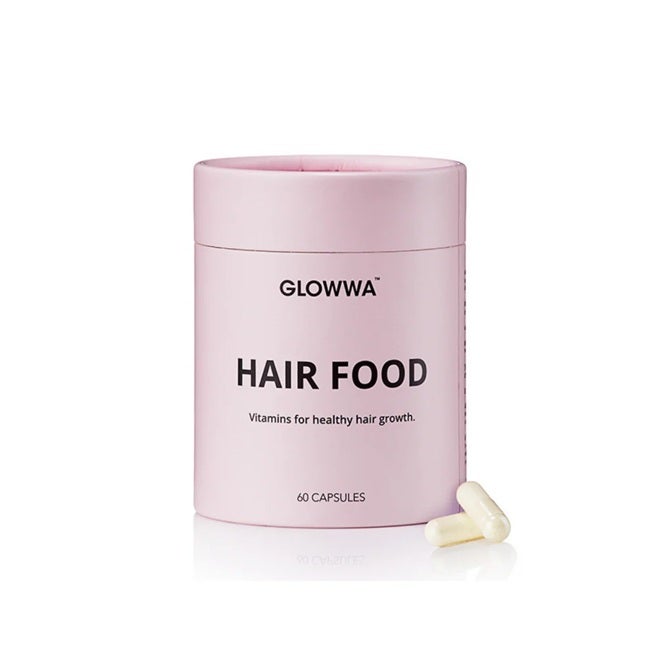
Glowwa Hair Food Vitamins, 1 Month Supply, £34.99
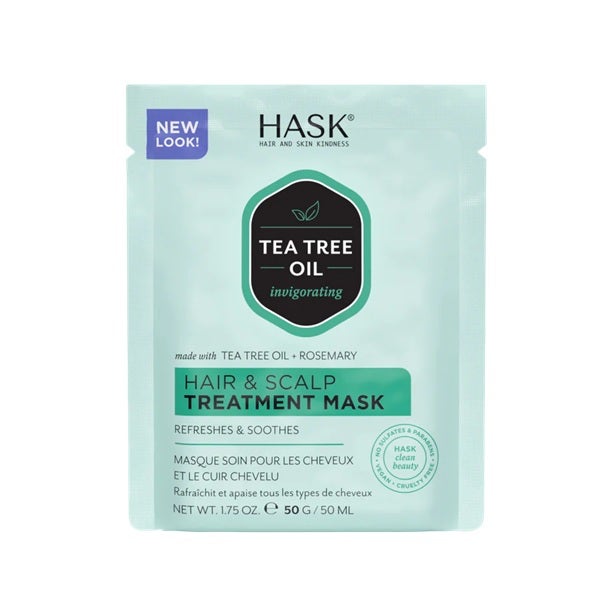
HASK Tea Tree Oil & Rosemary Hair & Scalp Treatment Mask, £8.76 (was £13.26)
What is DCD? The underdiagnosed condition as common as ADHD
Sleep experts explain the sudden jerk you experience while dozing off
How to find out if your dog has ADHD
Father survives deadly cancer after radical surgery to remove two-thirds of penis
The Five common medicines that could be harming your hearing
The exercise at least four times more efficient than walking







